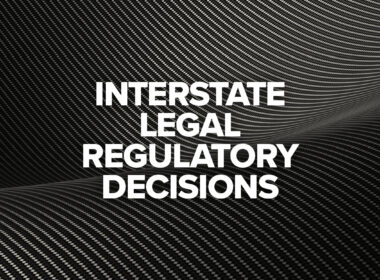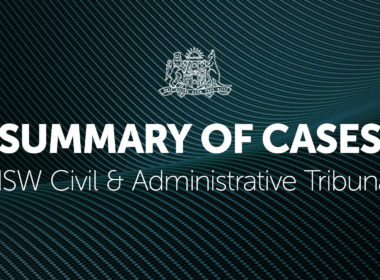Lawyers are under constant pressure. Deadlines, demanding clients, preparation time, scheduling appointments, settlements and ensuring that all obligations are met. This fast paced and grueling schedule is never ending and making the impossible happen with such limited time is a constant juggling exercise.
What happens when we face an unexpected and unwanted delay?
A typical scenario may include when the opposing solicitor ‘goes quiet’ and they do not respond to several requests for an answer. You are becoming more agitated as you are under a deadline to get certain things done such as contracts signed, organize settlement of a transaction or answer questions from you client on the progress of a matter.
It is noted by many suffering lawyers that there is not a specific Solicitors’ rule that obligates a solicitor to reply to correspondence within a specified period of time. It is customary to have a reply with 14 days. However, what happens when there is no reply and one is needed? A common mistake is to assume that this ‘silence’ allows the waiting solicitor to contact the other solicitor’s client. Unfortunately, there are professional obligations that arise that must be complied with. With regard rule 33 of the Solicitors’ rules:
“33.1 In representing a client, a solicitor shall not communicate about the subject of the representation with a person the lawyer knows to be represented by another practitioner unless—
33.1.1 the other practitioner has previously consented,
33.1.2 the solicitor believes on reasonable grounds that—
(i) the circumstances are so urgent as to require the solicitor to do so, and
(ii) the communication would not be unfair to the opponent’s client,
33.1.3 the communication is solely to enquire whether the other party or parties to a matter are represented and, if so, by whom, or
33.1.4 there is notice of the solicitor’s intention to communicate with the other party or parties, but the other practitioner has failed, after a reasonable time, to reply and there is a reasonable basis for proceeding with the communication....”[1]
Every need to communicate when experiencing delay is tempered by the need for compliance with the above rule.
There are other solutions available depending on the circumstance.
If the matter is before the Court, the aggrieved solicitor can seek appropriate orders or an agreed timetable for correspondence and reply to ensure the matter progresses. An undertaking can be sought from the other solicitor on the flow of correspondence and orders to ensure there is an agreed reply date that provides progress of a matter.
In the extreme case a complaint for excessive delay can be made to the Office of Legal Services Commissioner. Prior to doing, so it is recommended to write to the offending solicitor enclosing a chronology of attempts of communication, the lack of reply and the resultant adverse effect imposed upon your client.
The solicitor causing the delay may have reasons that impede a timely reply. Time management is crucial to survival in modern legal practice. The overwhelming pressure of work, the difficulty in obtaining instructions form their client, the complexity of the matter or the volume of documents and correspondence can make delay inevitable.
However, it is suggested that if these circumstances are affecting you then inform the waiting solicitor of the problems being experienced. It will be of no surprise as all busy lawyers have been in the same situation. A simple reply to advise of delay is often all that is required. The waiting solicitor can be given notice and act accordingly to minimize the problems of delay.
It is worth noting a few words about delay and keeping correspondence up to date that comes from another past member of the legal profession, Abraham Lincoln:
The leading rule for the lawyer, as for the man of every other calling, is diligence. Leave nothing for to-morrow which can be done to-day. Never let your correspondence fall behind. Whatever piece of business you have in hand, before stopping, do all the labor pertaining to it which can then be done.
The NSW Law Society’s Professional Support Unit provides free and confidential guidance to legal practitioners about their compliance, costs and ethical obligations under the Uniform Law.
Costs: costs@lawsociety.com.au or (02) 9926 0116
Ethics: ethics@lawsociety.com.au or (02) 9926 0114
Regulatory compliance: regulatory.compliance@lawsociety.com.au or (02) 9926 0115
[1] Refer to the full version of – Australian Solicitors’ Conduct Rules – Rule 33 Communication with another solicitor’s client. https://www.legislation.nsw.gov.au/#/view/regulation/2015/244/part2/divadvocacyan/rule2
[2] Abraham Lincoln’s ‘Notes for a Law Lecture’ dated July 1, 1850 found by Abraham Lincoln’s White House secretaries, John Nicolay and John Hay.




